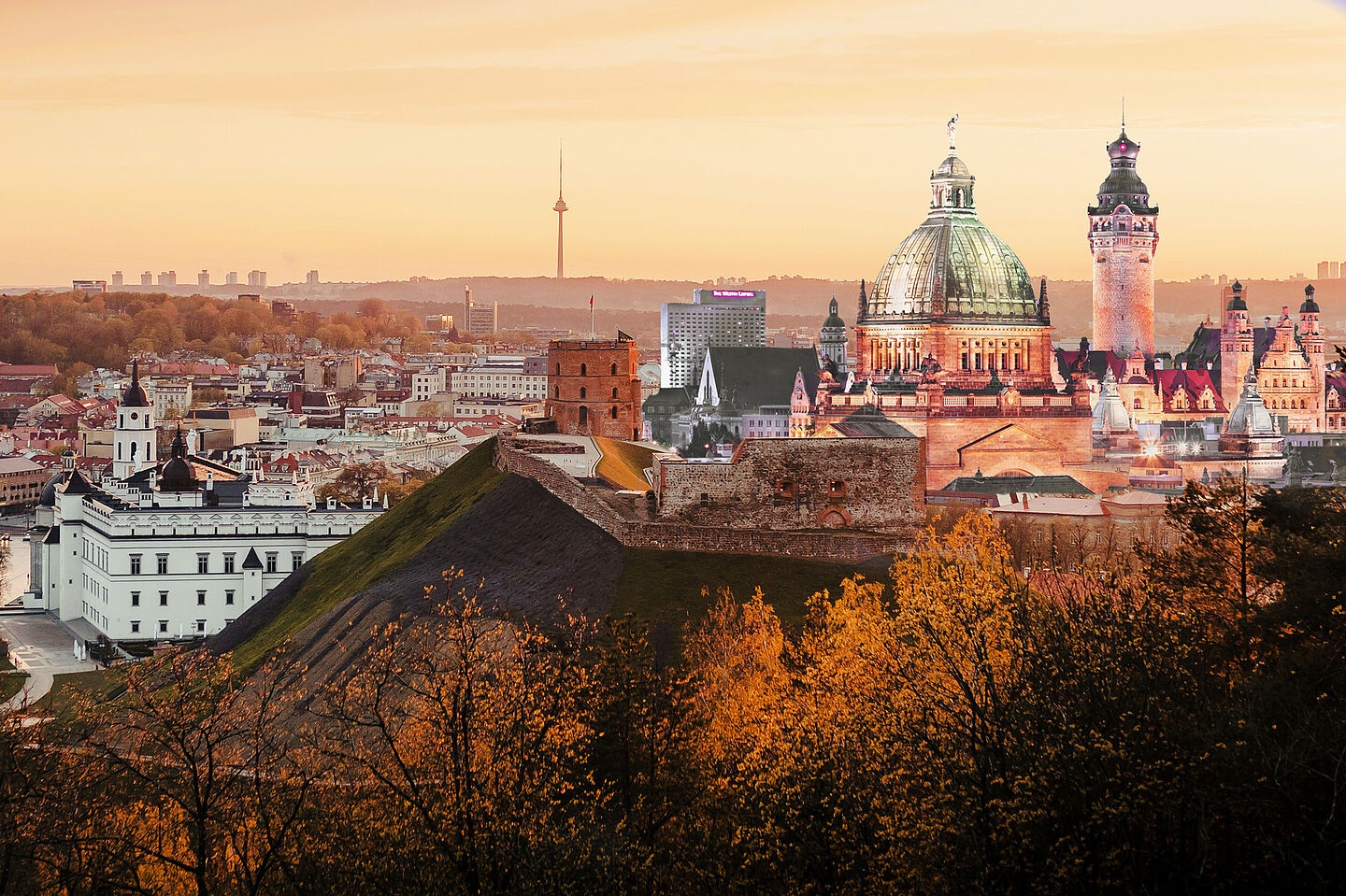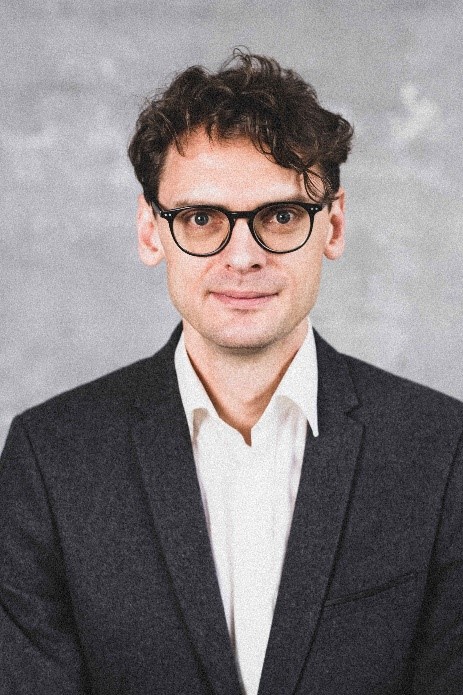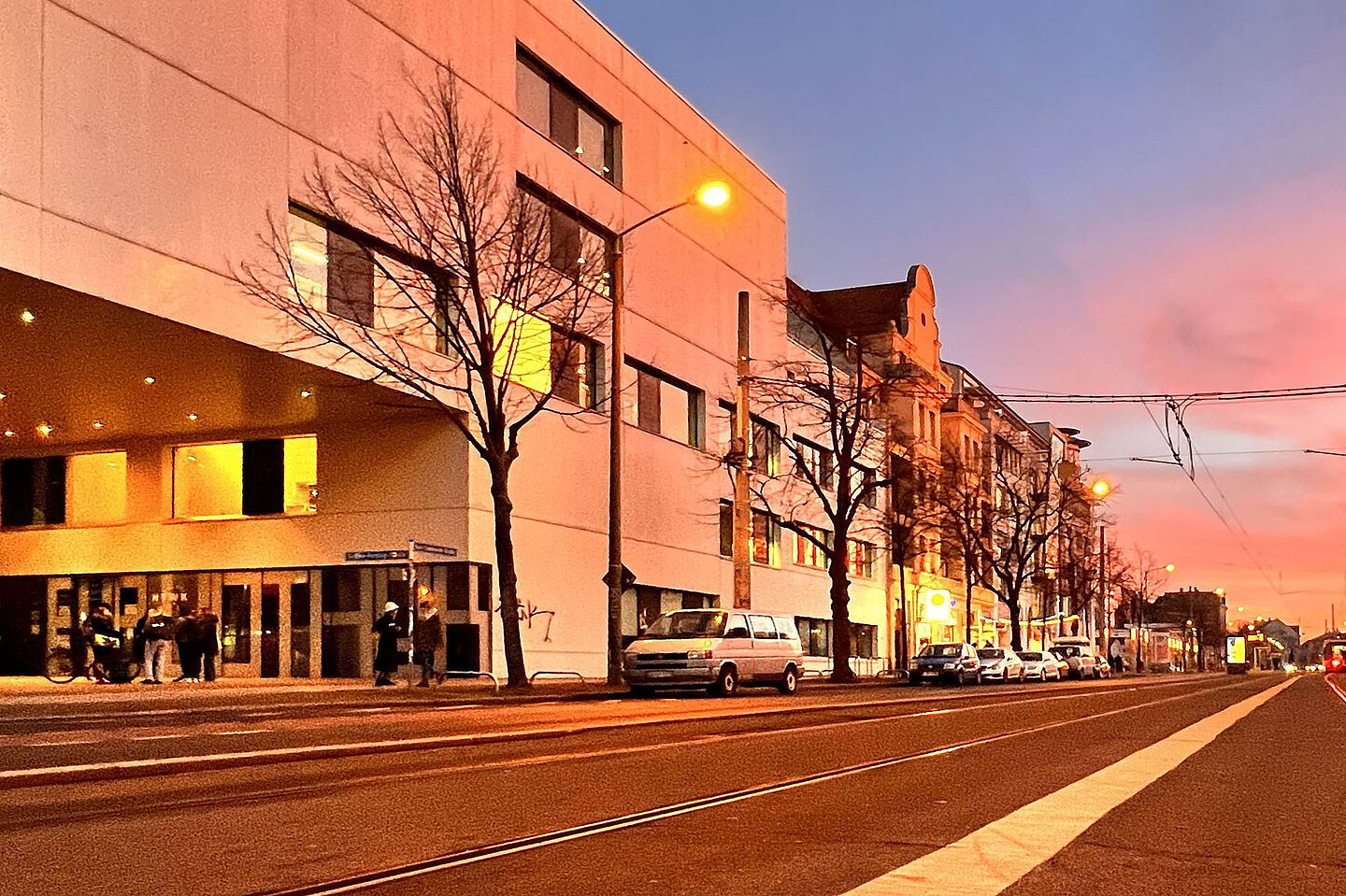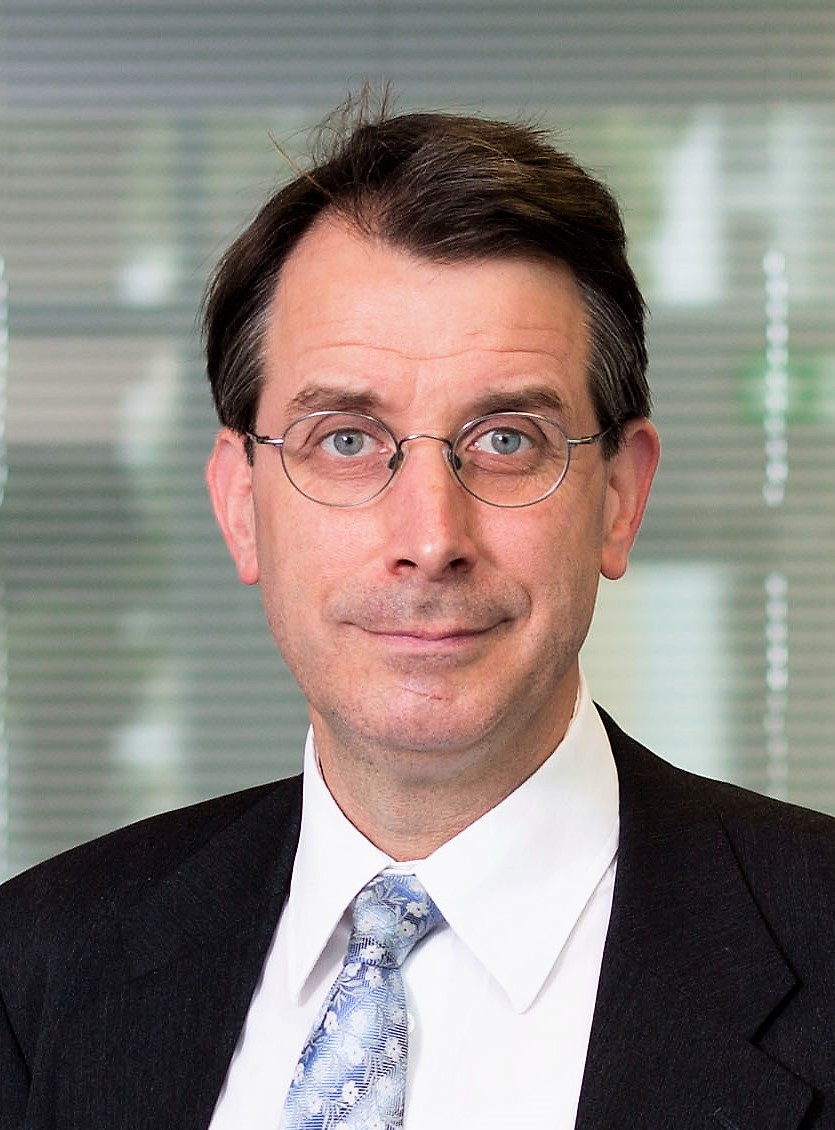Broadening horizons
Staff exchange as part of the Erasmus+ programme
21. May 2024
Thinking outside the box as part of a teaching mobility programme abroad is easily possible at HTWK Leipzig and throughout Europe. Professor Dr Heiko Hartmann and guest lecturer Dr Vincas Grigas demonstrate how this works.
Before Professor Heiko Hartmann will travel to Vilnius University in autumn 2024 for a teaching visit, HTWK Leipzig welcomed Lithuanian guest lecturer Dr Vincas Grigas at the beginning of the summer semester 2024.
As participants in the Erasmus+ programme that supports European cooperation both university lecturers demonstrate the advantages such an exchange can have and how European collaboration works. We spoke with both colleagues about their experiences.
Sie möchten den Inhalt auf Deutsch lesen?
→ hier gehts zum Beitrag
Interview with Dr Vincas Grigas
Is this your first teaching staff mobility?
ViGr: This is my second time at HTWK Leipzig as a teacher. Professor Heiko Hartmann provided great support and introduced me to how students in publishing are taught at HTWK Leipzig. There is quite a limited variety of study programs dedicated to publishing in Europe. We have one at Vilnius University. So, HTWK Leipzig is a good endpoint for when one wants to acquire some knowledge in how publishing study programs are run elsewhere.
Would you encourage other lecturers to do an Erasmus+ teaching staff exchange?
ViGr: For sure, this is the best way to step out of the safety box. Yes, it is quite a challenge as you have to deliver lectures in English, you don't know the students, their habits, and you don't know how you will react to uncertainties, but it helps to find out something about yourself and to strengthen your skills in working in an unfamiliar environment. But most important is the possibility to find connections with people from the same field, but working in different universities.
What is your impression of HTWK Leipzig and the city of Leipzig?
ViGr: The HTWK Leipzig campus is impressive. The Lipsius building, although it looks strict and rule-obeying from the outside, has an easy and warm atmosphere inside. I like the way the auditoriums are designed; they are comfortable for standalone lectures and for group work, and the facilities seem designed to create a warm atmosphere after lectures.
I also liked the library near the Lipsius building. It is well-designed for quiet work and is rich with study materials. Some time ago, I was responsible for managing the library department at Vilnius University, so it was interesting to see how the library is designed from a librarianship standpoint. My impressions are good; it has all one would expect in a modern academic library.
Leipzig has everything one needs to spend a good time. This is my third time in Leipzig and I still find new things to see. The zoo is a must-visit for parents with children. The old city center is also worth a visit, with its lively coffee shops and restaurants. The old city hall, St. Thomas Church, and Paulinum are worth visiting even for those who have seen "everything". Last but not least, I would strongly recommend taking a boat trip; it is a really lovely way to see the city from another perspective.
Why are you taking part in the Erasmus+ programme? What are the benefits for your teaching and you personally?
ViGr: Erasmus+ is a good way to be better immersed in the study process outside your own institution. One thing is to read about it or to see presentations, but a completely different thing is to have the possibility to interact with students during lectures and seminars, and also to discuss with faculty. This program helps to see from the outside how your own teaching looks and how it is done by others. There are some details that make a difference and only when immersed in the process can you catch them. Personally, the greatest benefit is to have the possibility to have a more personal relationship with colleagues from other universities. That personal touch is always very helpful in a tense academic environment. I am very happy with the way Professor Heiko Hartmann included me into the environment of HTWK Leipzig.
Interview with Professor Heiko Hartmann
How did the two of you meet? How did this teaching staff exchange come about?
HeHa: Dr Grigas was a guest lecturer at the HTWK Leipzig for the first time in 2023 and gave lectures on the topic "Academic Journals, Open Access and Editorial Processes". He sought out the contact himself and contacted me by email because he had found out online that his research areas at the Faculty of Communication Science at Vilnius University overlap in several respects with the teaching and working areas in our "Book and Media Management" and "Library and Information Science" degree programmes. In this respect, his lectures and the discussions with him among colleagues were very beneficial. In addition to the professional connection, this also resulted in a personal sympathy and conversation level, which has now led to Dr Grigas not only coming back as an Erasmus+ guest lecturer to one of my master's seminars, but I am also planning a one-week Erasmus+ funded stay at Vilnius University in autumn 2024. I will be offering a workshop on the future of reading and the consequences for publishers, books and media products.
Both of you are supporting the internationalization of teaching: Why are teaching staff exchanges like this so valuable in this regard?
HeHa: International exchange is, so to speak, the "salt in the soup" in every science, because it always leads to methodological reflection, the broadening of horizons and professional enrichment and deepening of understanding. Every country has its own scientific tradition and disciplinary perspective. This means always learning on both sides. And last but not least, networking also brings opportunities for our students, for example with regard to semesters abroad, internships and contacts for internationally oriented theses, e.g. in the field of licensing and globalisation of book markets.
You will be going to Vilnius University in September 2024 for an Erasmus+ teaching staff exchange: What do you expect from this experience?
HeHa: This is the first time I will be in Lithuania. That is why I am hoping to deepen my understanding of Lithuanian history and university culture in addition to the professional and methodological enrichment and personal networking with my colleagues there. I am looking forward to the beautiful city, a UNESCO World Heritage Site after all. And I am particularly looking forward to meeting the Lithuanian students and I am curious to see what questions they have and how they think, perhaps in contrast to my students at HTWK Leipzig. So, I am hoping for positive inspiration, academically, didactically and culturally. And perhaps the bridge between HTWK Leipzig and Vilnius University can be further strengthened and expanded in this way. The publishing industry is a "people's business", and that also applies to the academic community. The best way to build bridges is on site, and not just in academic discussions, but also over a glass of wine.
HTWK Leipzig has identified internationalisation in all areas and fields of activity as an important dimension of further development. You may contact the International Office for further information on options to work internationally connected or to gain experience abroad.
Funding opportunities
Funding for university staff (information from European Commission)
→ Funding for university staff at HTWK Leipzig (content in German)




